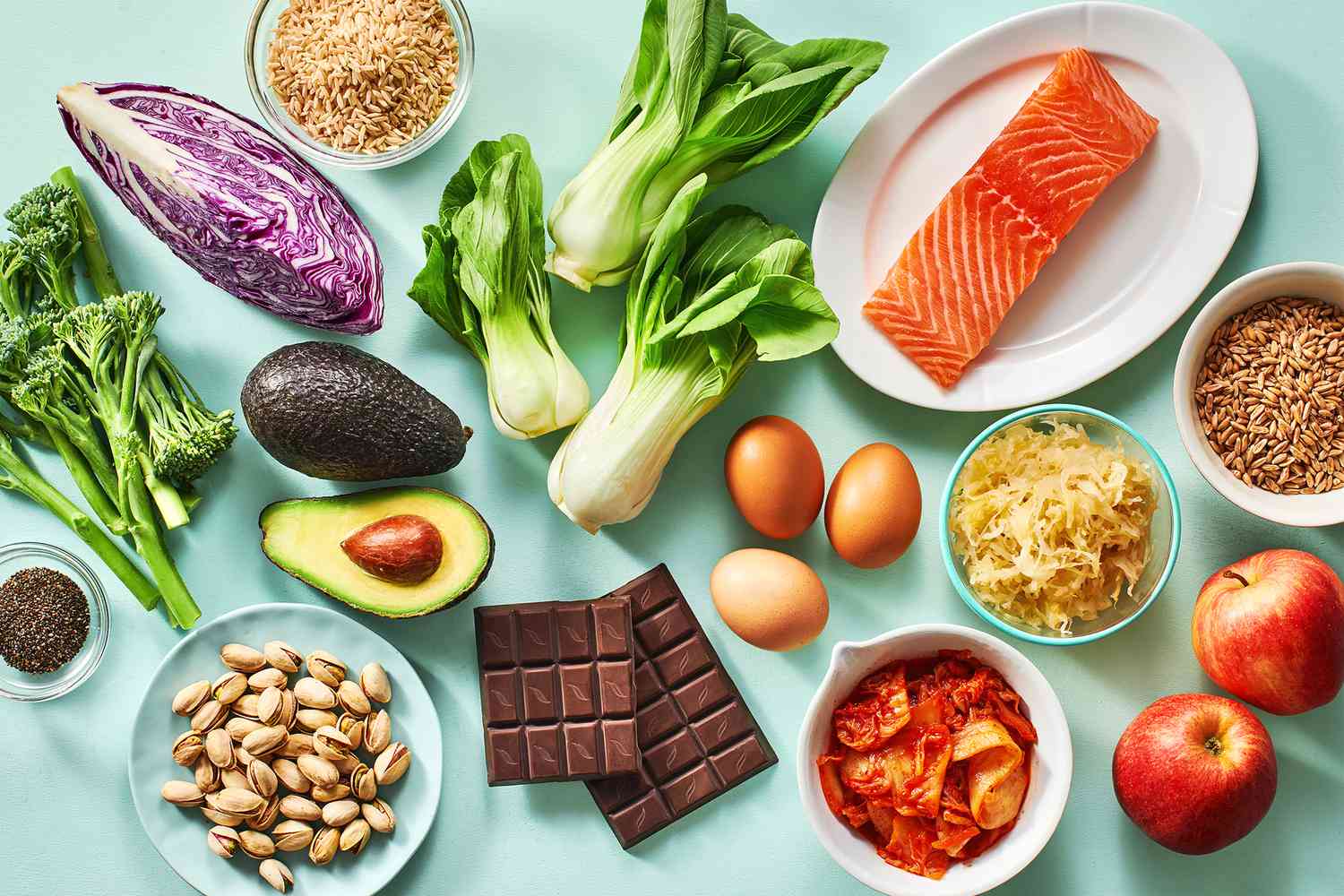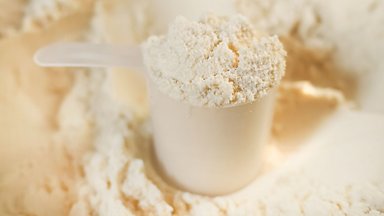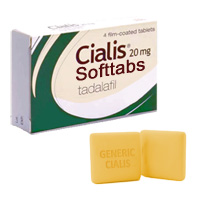Effective Food Choices for Weight Loss

Losing weight is a universal goal, often driven by desires for improved health, increased confidence, or simply a more comfortable body image. However, achieving and maintaining a healthy weight goes beyond intense gym sessions; it heavily relies on wise dietary choices. This article delves into the critical role of food in weight loss, highlighting its influence on safely and sustainably shedding excess pounds.
Understanding the Role of Food in Weight Loss
At its core, weight loss hinges on creating a caloric deficit—burning more calories than consumed. Food plays a vital role in this process:
- Caloric Intake vs. Expenditure: Weight loss occurs when calorie consumption falls below what your body needs. This deficit can be achieved through reduced intake, increased physical activity, or a combination of both.
- Metabolism and Food Choices: Certain foods, particularly those high in protein, can enhance metabolism due to the energy required for digestion and the preservation of muscle mass. In contrast, sugary and processed foods can lead to energy crashes and poor hunger regulation.
- Nutrient Composition: Balanced meals that combine carbohydrates, proteins, and healthy fats can promote feelings of fullness, thereby reducing the likelihood of overeating.
Healthy Foods for Effective Weight Loss
Focus on nutrient-dense options that satisfy nutritional needs while aiding in weight management:
Low-Calorie, High-Nutrient Choices:
- Vegetables: Broccoli, spinach, and kale are loaded with vitamins, minerals, and fiber.
- Fruits: Apples, oranges, and berries provide essential nutrients and help curb cravings.
- Leafy Greens: Lettuce and Swiss chard are excellent for salads and wraps, offering nutrients without excess calories.
- Berries: Blueberries and strawberries are rich in antioxidants and fiber.
Lean Protein Sources:
- Chicken Breast: Opt for skinless, grilled, or baked options for lean protein.
- Turkey: Ground turkey works well in burgers, meatballs, and chili.
- Fish: Salmon and tuna offer protein and heart-healthy omega-3 fatty acids.
- Tofu and Tempeh: These plant-based options are rich in protein for a variety of dishes.
Whole Grains:
- Quinoa: A complete protein source perfect for salads and grain bowls.
- Brown Rice: A fiber-rich alternative to white rice.
- Oats: A nutritious breakfast choice when topped with fruits and nuts.
- Whole Wheat Pasta: A fiber-packed option for pasta enthusiasts.
Healthy Fats:
- Avocado: A nutrient-dense addition to salads or toast.
- Nuts and Seeds: Packed with protein, fiber, and healthy fats—ideal for snacks or toppings.
- Olive Oil: Rich in monounsaturated fats, excellent for cooking and dressings.
- Fatty Fish: Varieties like salmon, mackerel, and sardines provide beneficial omega-3s.
Incorporating these foods into your diet can effectively support your weight loss journey while promoting overall health and well-being.
How to Achieve Safe and Sustainable Weight Loss
Before diving into specific dietary recommendations, it’s essential to lay a solid foundation for a safe and sustainable weight loss journey. This involves setting realistic goals and understanding that successful weight loss is a gradual process that avoids crash diets or extreme restrictions. Sustainable weight loss emphasizes long-term lifestyle changes that foster overall health and wellness.
Setting Realistic Goals
Begin with achievable goals to maintain motivation and prevent setbacks. Aim for a gradual weight loss of 1-2 pounds per week, a healthy and sustainable target over time.
Gradual and Steady Progress
Avoid quick fixes and instead prioritize consistent progress. Sustainable weight loss involves making lasting changes that become part of your daily routine rather than relying on short-term solutions.
Incorporating Lifestyle Changes
Shift toward healthier habits by adopting nutritious cooking methods, increasing physical activity, and effectively managing stress. These changes not only support sustainable weight loss but also contribute to overall well-being.
What Foods to Eat for Effective Weight Loss
In addition to knowing what to eat, understanding which foods to avoid or limit is crucial for enhancing your weight loss efforts. Here are some dietary adjustments to consider:
Avoid These Foods:
- Refined Carbohydrates:
- Sugary Beverages: Eliminate soda, energy drinks, and excessive fruit juices that add unnecessary calories and sugar.
- Candy and Sweets: Limit consumption of high-sugar treats like chocolates and sugary snacks.
- Highly Processed Snacks: Foods like chips and crackers are often calorie-dense and low in nutrients.
- Processed and Sugary Foods:
- White Bread: Choose whole grain or whole wheat bread instead of refined options.
- Sugary Cereals: Select cereals with lower sugar content to avoid blood sugar spikes.
- Pastries: Cut back on sugary pastries that are high in unhealthy fats.
- High-Fat and Fried Foods:
- Fast Food: Limit consumption due to high calorie, fat, and sodium content.
- Deep-Fried Snacks: Reduce intake of fried foods like chicken, french fries, and onion rings.
- Fatty Cuts of Meat: Opt for lean cuts of meat and trim excess fat to lower calorie intake.
- Excessive Alcohol: Moderate your alcohol consumption, as it adds empty calories and can impair judgment regarding food choices.
Meal Planning and Effective Strategies
Implement these practical strategies to support your weight loss goals and maintain healthy eating habits:
- Balanced Meals: Include lean proteins, healthy fats, and complex carbohydrates in each meal to enhance satiety and balanced nutrition.
- Smart Snacking: Choose nutritious snacks like Greek yogurt, nuts, or vegetables with hummus to curb cravings between meals.
- Mindful Eating: Focus on portion sizes and eat slowly to allow your body to register fullness, reducing the urge to overeat.
- Meal Prep and Portion Control: Prepare meals in advance and use smaller plates to manage portion sizes effectively and avoid overconsumption.
By integrating these dietary guidelines and strategies into your lifestyle, you can achieve sustainable weight loss while prioritizing your overall health.
Tracking Weight Loss Progress Effectively
Monitoring your progress is essential for maintaining commitment to your weight loss journey. Here are effective strategies to help you stay on track:
- Keep a Food Diary: Maintain a food diary to record all your meals, snacks, and beverages. This practice helps identify eating patterns, track calorie intake, and make necessary dietary adjustments.
- Monitor Weight and Measurements: Regularly weigh yourself and take measurements of key areas like your waist and hips. Tracking these metrics allows for accurate progress assessment and necessary adjustments.
- Consult with Experts: For personalized guidance, consider consulting with a registered dietitian or healthcare professional. They can offer tailored advice ensuring you’re on the right track with your weight loss efforts.
Exercise and Weight Loss
While diet is critical for weight loss, incorporating exercise into your routine can significantly enhance your results:
- Balanced Approach: Combine a healthy diet with regular physical activity to create a larger caloric deficit, essential for effective weight loss.
- Variety of Exercises: Mix cardio exercises like running or swimming, which burn calories efficiently, with strength training exercises like weightlifting, which build muscle and boost metabolism. This combination maximizes weight loss and improves overall fitness.
Is Rice Good for Weight Loss?
Rice can fit into a healthy weight loss diet when consumed mindfully:
- Choose Whole Grain Options: Opt for brown rice instead of white rice for its higher fiber and nutrient content, which helps maintain fullness and stabilize blood sugar levels.
- Practice Portion Control: Be mindful of portion sizes, as rice is calorie-dense. Pair it with lean protein, plenty of vegetables, and healthy fats for a balanced meal.
Conclusion
Food choices are pivotal in any weight loss journey. By understanding the role of food, adhering to a sustainable plan, and making informed choices, you can achieve your weight loss goals while promoting overall well-being. For more tips on healthy weight loss, check out this article. Remember to tailor your approach to fit your individual needs and seek professional guidance when necessary to ensure success on your path to a healthier lifestyle.



